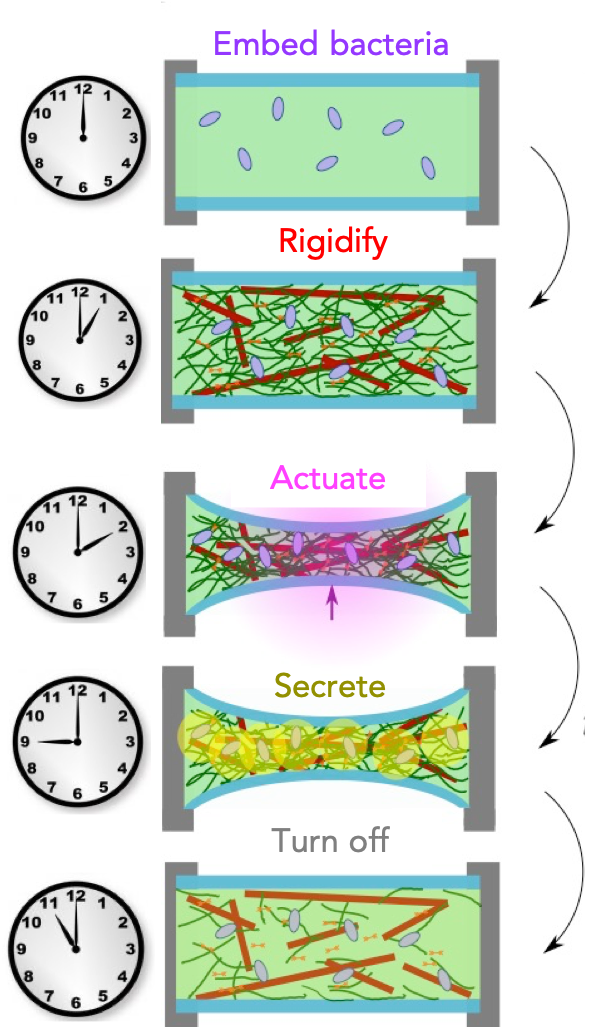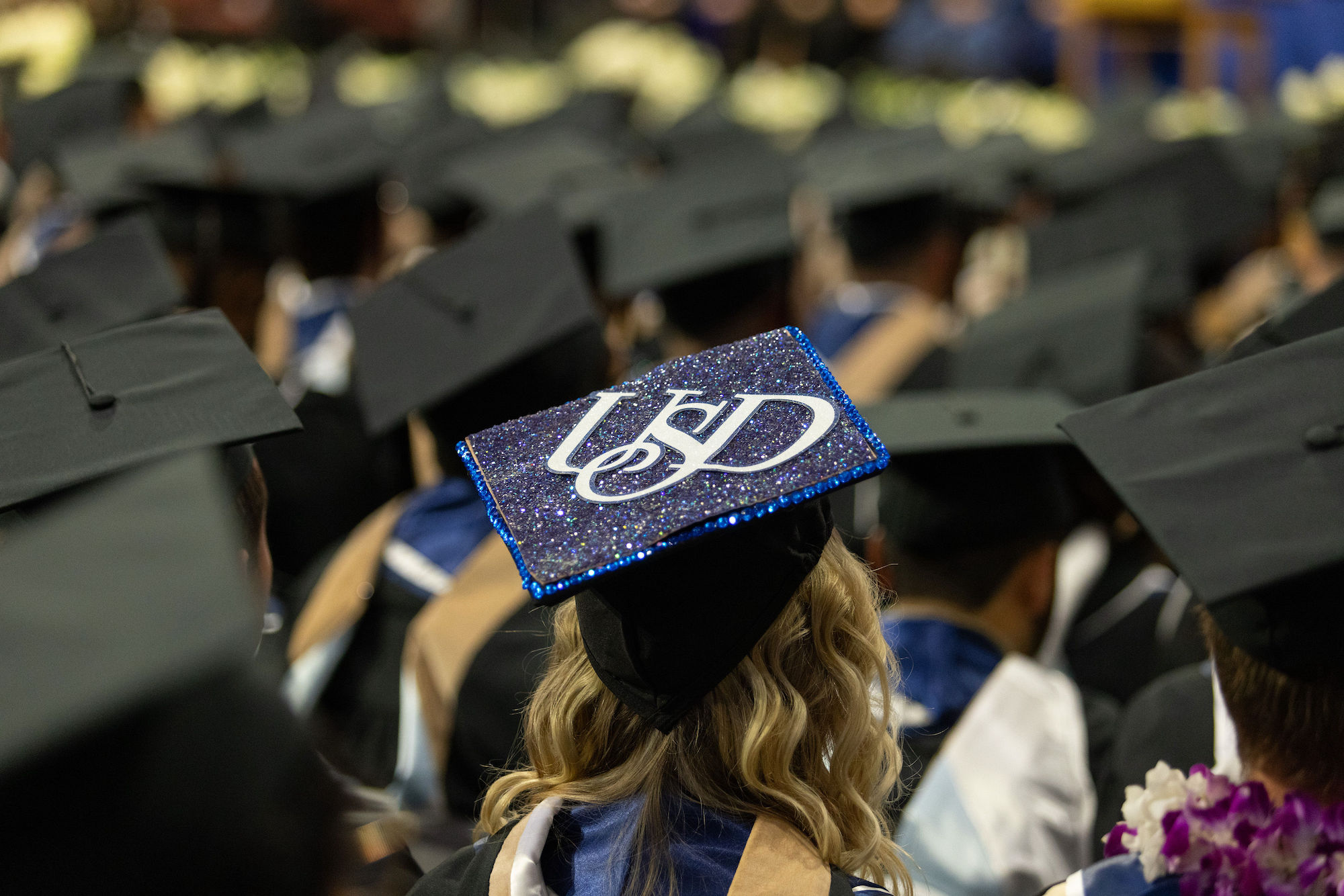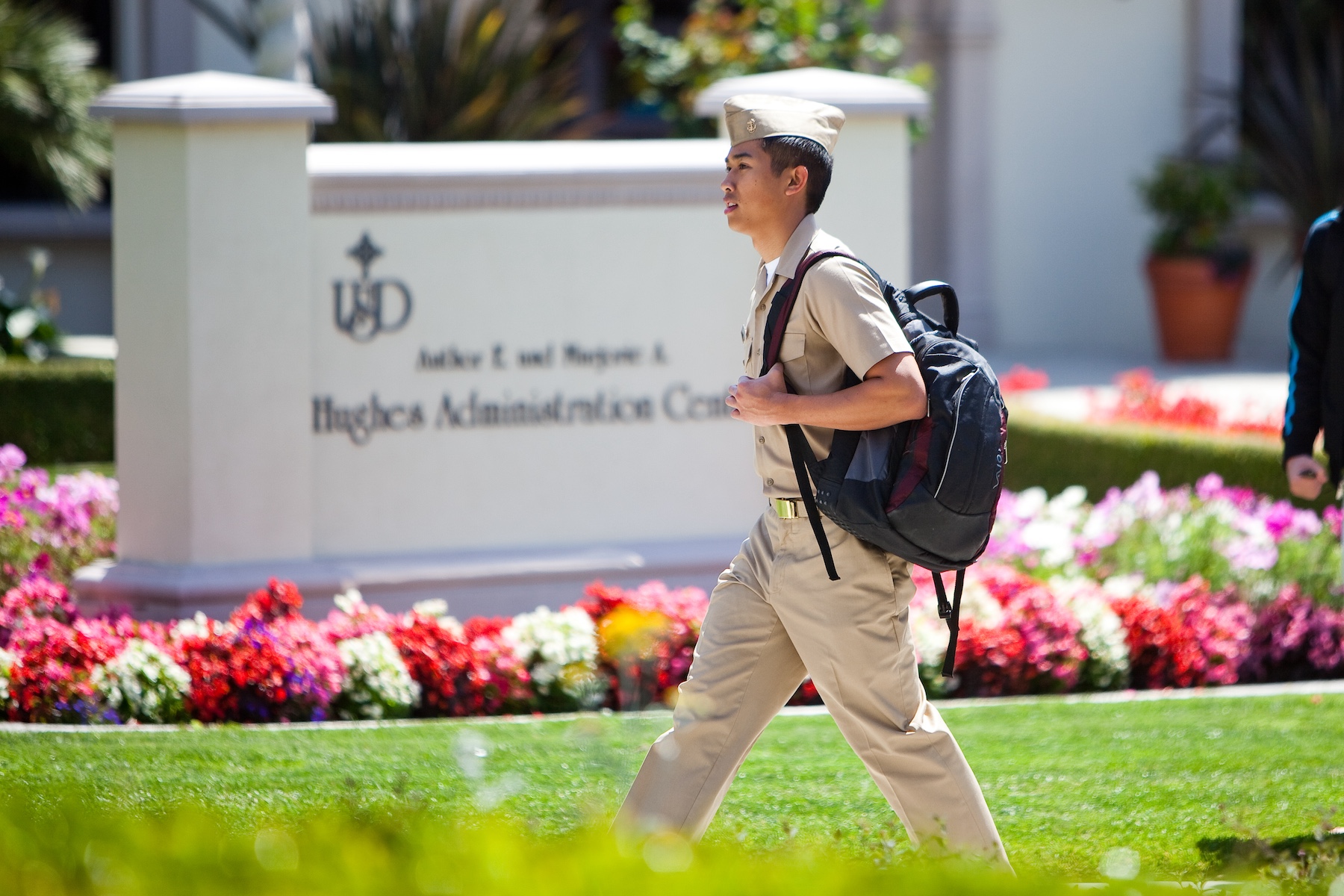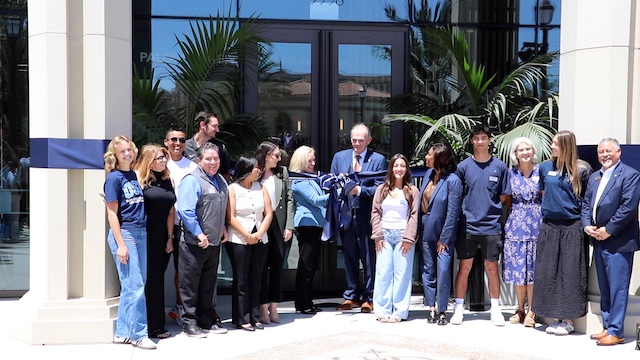Five Universities Team Up to Program Biological Cells to Design Futuristic Materials
 Engineered bacteria cells and proteins activate materials to stiffen, compress, soften and re-expand on a programmable schedule without human intervention.
Engineered bacteria cells and proteins activate materials to stiffen, compress, soften and re-expand on a programmable schedule without human intervention.Rae Robertson-Anderson PhD, chair and professor of physics and biophysics at the University of San Diego, is leading a team of researchers who were recently awarded a $1.8 million grant from the National Science Foundation (NSF) to design and create next-generation materials inspired and empowered by biological cells.
Robertson-Anderson will be working alongside a team of physicists, biologists and engineers, four of whom are women, including: Prof. Megan Valentine at the University of California Santa Barbara, Prof. Jennifer Ross at Syracuse University, Prof. Michael Rust at the University of Chicago and Prof. Moumita Das at Rochester Institute of Technology.
The team’s goal is to create self-directed, programmable, and reconfigurable materials -- using biological building blocks including proteins and cells --- that are capable of producing force and motion. This research could pave the way for future materials applications ranging from self-healing bridges and self-propulsive materials to programmable micro-robotics, wound healing and dynamic prosthetics.
“We are thrilled to be given the opportunity to pursue this line of research that has the power to really push the frontiers of materials research beyond the current state-of-the-art. We will capitalize on the design principles of biological systems to engineer, investigate and make publicly available prototypical ‘biotic-abiotic materials’ (BAMs) that combine biological and commercial components to morph, move and do work without human intervention,” said Rae Robertson-Anderson PhD, chair and professor of physics and biophysics at the University of San Diego.
The four-year grant will also allow for undergraduates at each university to gain hands-on collaborative research experiences, mentoring, and professional development opportunities. At the end of the project, Robertson-Anderson’s team will have built the framework for their materials design concept, including a small prototype, that can help others to advance futuristic materials to accomplish the many processes that living systems already perform seamlessly, such as healing and regulating themselves.
“We have assembled a top-notch interdisciplinary team of researchers from across the country that bring unique perspectives and expertise to make these research ideas become a reality. This project is a key example of the power of a collaborative team approach to research that is driving scientific discovery and is required to solve the many current pressing problems facing society - including those that demand new materials,” said Robertson-Anderson.
Funding for the project begins on October 1.
This grant is one of eight that the University of San Diego Department of Physics and Biophysics has received in the last year.
About the University of San Diego
Strengthened by the Catholic intellectual tradition, we confront humanity’s challenges by fostering peace, working for justice and leading with love. With more than 8,000 students from 75 countries and 44 states, USD is among the Top 20 Best Private Schools for Making an Impact according to The Princeton Review. USD’s eight academic divisions include the College of Arts and Sciences, the Knauss School of Business, the Shiley-Marcos School of Engineering, the School of Law, the School of Leadership and Education Sciences, the Hahn School of Nursing and Health Science, the Joan B. Kroc School of Peace Studies, and the Division of Professional and Continuing Education. In 2021, USD was named a “Laudato Si’ University” by the Vatican with a seven-year commitment to address humanity’s urgent challenges by working together to take care of our common home.
Contact:
Elena Gomez
elenagomez@sandiego.edu
(619) 260-2739



